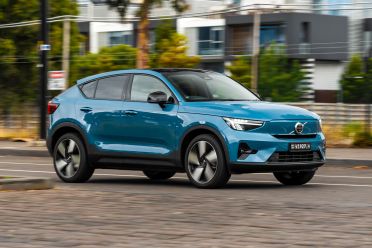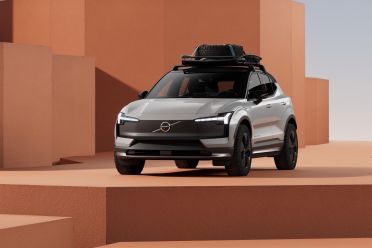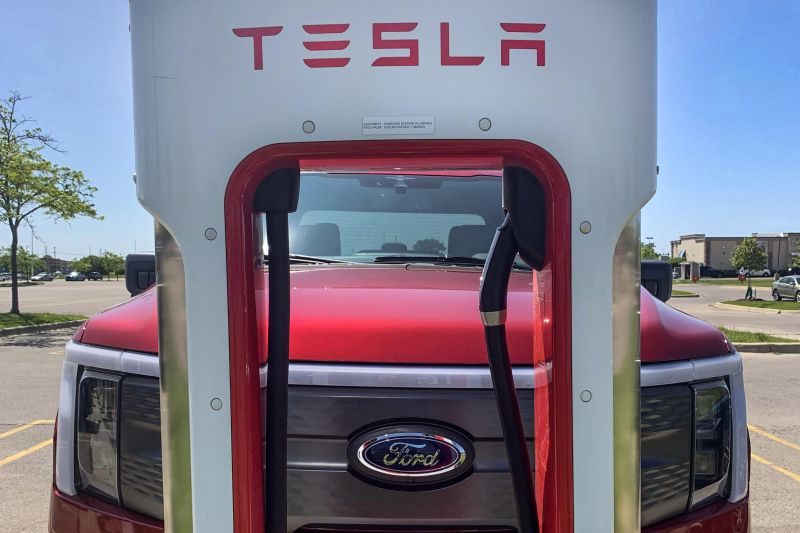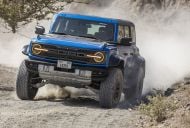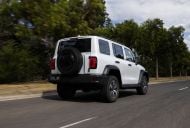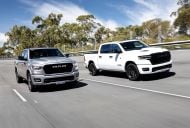Volvo is the first European carmaker to commit to the Tesla charging plug, and now the Society of Automotive Engineers (SAE) and the Biden administration are putting it on the road to becoming an official standard in North America.
Earlier this week, Volvo confirmed it will join Ford, GM and Rivian in using the Tesla-developed North American Charging Standard plug.
Like the other manufacturers, all of Volvo’s existing electric cars — currently the XC40 and C40, and the upcoming EX90 and EX30 — will be able to access Tesla’s Supercharger stations across North America from the first half of 2024 via an adapter for the built-in CCS port.
From 2025 Volvo EVs sold in Canada, the United States, and Mexico will come fitted with a NACS port as standard. These NACS-equipped Volvos will still be able to access CCS chargers, but will require an adapter.
The location and status of Tesla’s 12,000 Supercharger points will be integrated into Volvo’s in-car software and smartphone apps.
With Tesla having won over a number of its rivals, and almost every North American public charging network except for Volkswagen’s Electrify America, the SAE has put NACS on an “expedited timeframe” to living up to its name and actually being a standard.
Once it’s a standard, NACS should be less tied to Tesla. According to the SAE, once NACS becomes a standard “any supplier or manufacturer will be able to use, manufacture, or deploy the NACS connector on electric vehicles”.
Tesla has been trying to convince other automakers to adopt its charger port for around a year, but with little success until Ford jumped ship at the end of May 2023, setting off a snowball effect.
With NACS set to become an official standard, it will likely open the pathway for Tesla to gain US government funding from the Biden Administration’s Bipartisan Infrastructure Law to expand its Supercharger network, which is currently limited to CCS chargers.
The US administration says opening up NACS to “other suppliers and manufacturers” has the “potential to dramatically increase the size, reliability, and availability of an interoperable charging network supported by industry recognised standards”
Since 2017 the CCS Type 2 charger has been standard throughout the European Union, and is used by all automakers there, including Tesla.


